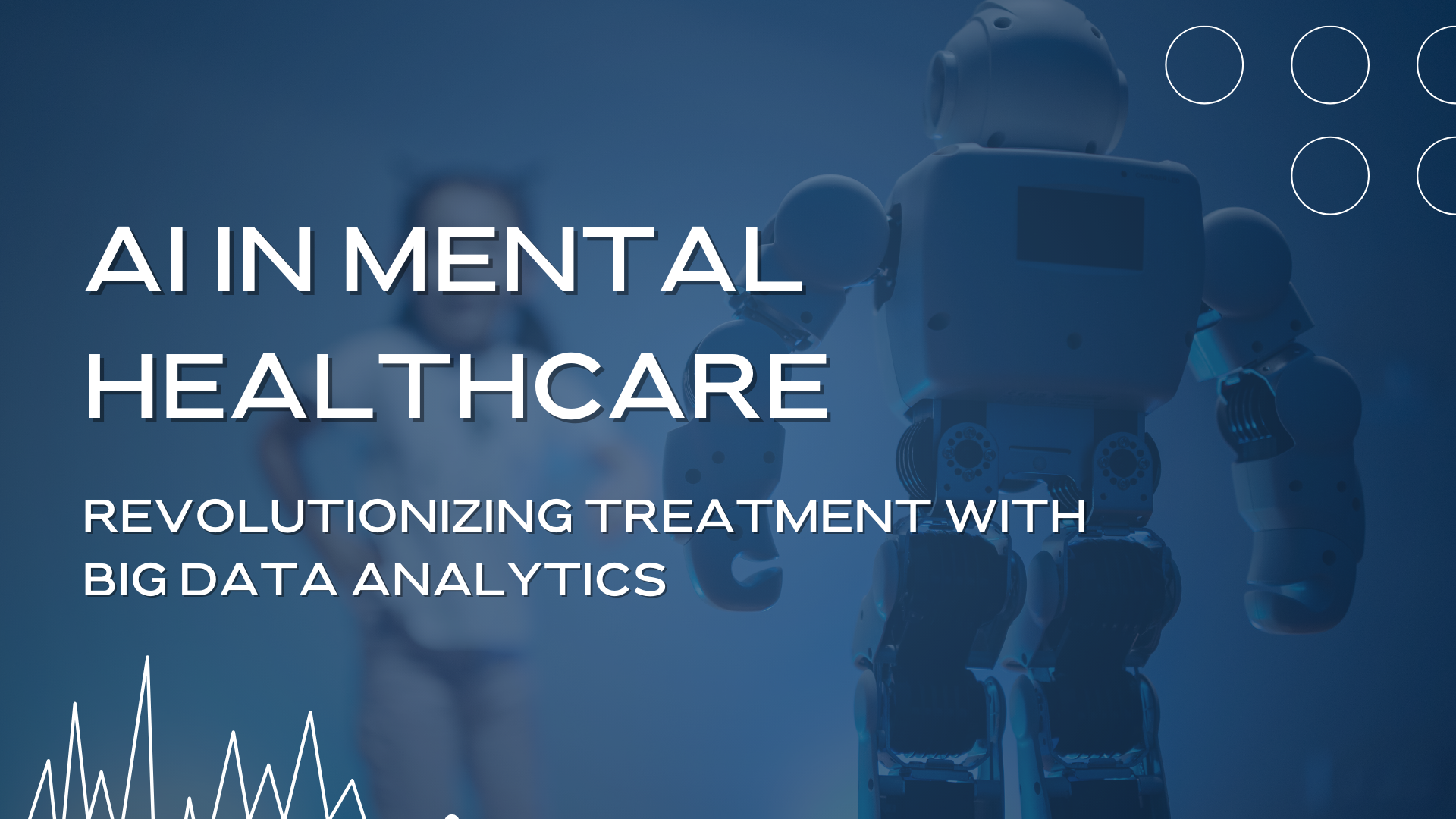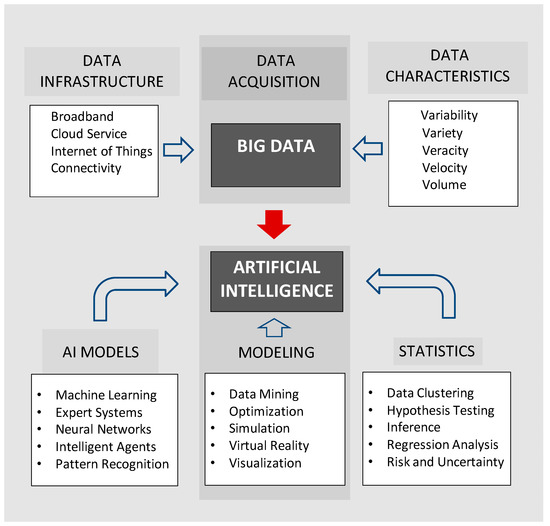The intersection of artificial intelligence (AI) and mental healthcare is paving the way for groundbreaking advancements in understanding, diagnosing, and treating mental health conditions. By harnessing the power of big data analytics and AI, mental healthcare professionals are now equipped with tools to provide more personalized, effective, and timely interventions. In this article, we will explore how AI and big data analytics are transforming mental healthcare, the benefits and challenges associated with their implementation, and the future of this revolutionary field.
The Role of Big Data Analytics in Mental Healthcare
Big data analytics is the process of examining vast datasets to uncover patterns, correlations, and trends that can inform decision-making. In mental healthcare, big data comes from a variety of sources, including electronic health records (EHRs), wearable devices, social media activity, and patient-reported outcomes. When combined with AI, this data can be analyzed to provide insights that were previously unattainable.
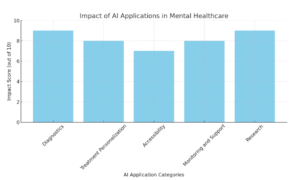
1. Understanding Mental Health Trends
One of the key applications of big data analytics in mental healthcare is identifying population-level trends. For example, by analyzing social media posts, researchers can track shifts in mental health issues, such as the rise in anxiety or depression following global events like the COVID-19 pandemic. This data allows healthcare providers and policymakers to allocate resources more effectively and develop targeted interventions.
2. Predictive Analytics for Early Intervention
Big data analytics enables predictive modeling, which can identify individuals at risk of developing mental health conditions. By analyzing factors such as genetics, social determinants of health, and behavioral patterns, AI algorithms can predict the likelihood of mental health issues and recommend early interventions. This approach has the potential to prevent conditions from worsening and reduce the burden on healthcare systems.
3. Enhancing Research in Psychiatry
AI and big data analytics are transforming psychiatric research by uncovering previously hidden patterns in mental health data. For instance, AI can analyze brain imaging data to identify biomarkers for conditions like schizophrenia or bipolar disorder. These insights are invaluable for developing new treatments and improving diagnostic accuracy.
How AI Is Changing Mental Healthcare
Artificial intelligence is reshaping mental healthcare through its ability to process and analyze complex data at scale. Below are some of the ways AI is making a significant impact.
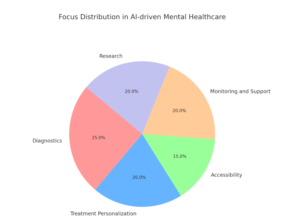
1. AI-Powered Chatbots and Virtual Therapists
AI-powered chatbots and virtual therapists are becoming increasingly popular in mental healthcare. These tools provide immediate, round-the-clock support to individuals in distress. For example, platforms like Woebot and Wysa use natural language processing (NLP) to engage users in therapeutic conversations, offer coping strategies, and monitor mental health over time.
2. Personalized Treatment Plans
AI algorithms can analyze patient data to create personalized treatment plans tailored to an individual’s unique needs. For instance, AI can recommend specific types of therapy, medication, or lifestyle changes based on a patient’s history, genetic predisposition, and response to previous treatments. This level of personalization enhances the effectiveness of mental health interventions.
3. Improved Diagnostics
Diagnosing mental health conditions often relies on subjective assessments, which can lead to misdiagnosis or delayed treatment. AI is addressing this challenge by providing objective diagnostic tools. For example, machine learning algorithms can analyze speech patterns, facial expressions, and physiological data to detect early signs of conditions like depression or PTSD.
4. Remote Monitoring and Support
Wearable devices and mobile apps equipped with AI can continuously monitor an individual’s mental health. These tools track metrics such as sleep patterns, heart rate variability, and activity levels, which are indicators of mental well-being. AI can analyze this data to alert users and healthcare providers to potential issues, enabling timely interventions.
Benefits of AI and Big Data Analytics in Mental Healthcare
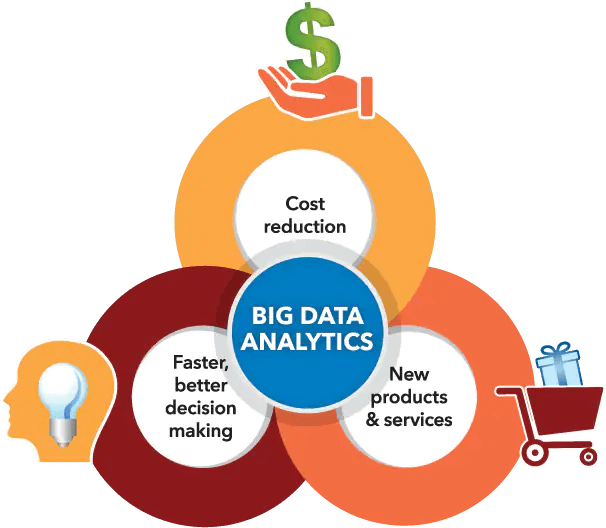
The integration of AI and big data analytics in mental healthcare offers numerous benefits:
1. Accessibility
AI-powered tools can bridge the gap in mental healthcare accessibility, especially in underserved areas. Virtual therapists and telehealth platforms make it easier for individuals to access mental health support without the need for in-person visits.
2. Cost-Effectiveness
By automating routine tasks and enabling early interventions, AI reduces the overall cost of mental healthcare. For example, chatbots can handle initial assessments, freeing up clinicians to focus on more complex cases.
3. Data-Driven Insights
Big data analytics provides actionable insights that can improve treatment outcomes. By analyzing large datasets, AI can identify effective therapies, predict treatment responses, and uncover factors contributing to mental health issues.
4. Stigma Reduction
AI-driven mental health tools offer a level of anonymity that encourages individuals to seek help without fear of stigma. This can lead to earlier diagnosis and treatment, improving overall mental health outcomes.
Challenges and Ethical Considerations
Despite its potential, the use of AI and big data analytics in mental healthcare comes with challenges and ethical concerns that must be addressed:
1. Data Privacy and Security
Mental health data is highly sensitive, and its misuse can have serious consequences. Ensuring robust data privacy and security measures is critical to building trust and protecting patient confidentiality.
2. Bias in AI Algorithms
AI algorithms are only as good as the data they are trained on. If the training data is biased, the algorithms may produce skewed results, leading to disparities in mental healthcare.
3. Lack of Human Connection
While AI tools can provide valuable support, they cannot replace the empathy and understanding of human clinicians. It is essential to strike a balance between leveraging AI and maintaining the human touch in mental healthcare.
4. Ethical Use of Data
The ethical use of mental health data is a significant concern. Stakeholders must establish clear guidelines for data collection, storage, and usage to ensure ethical practices.
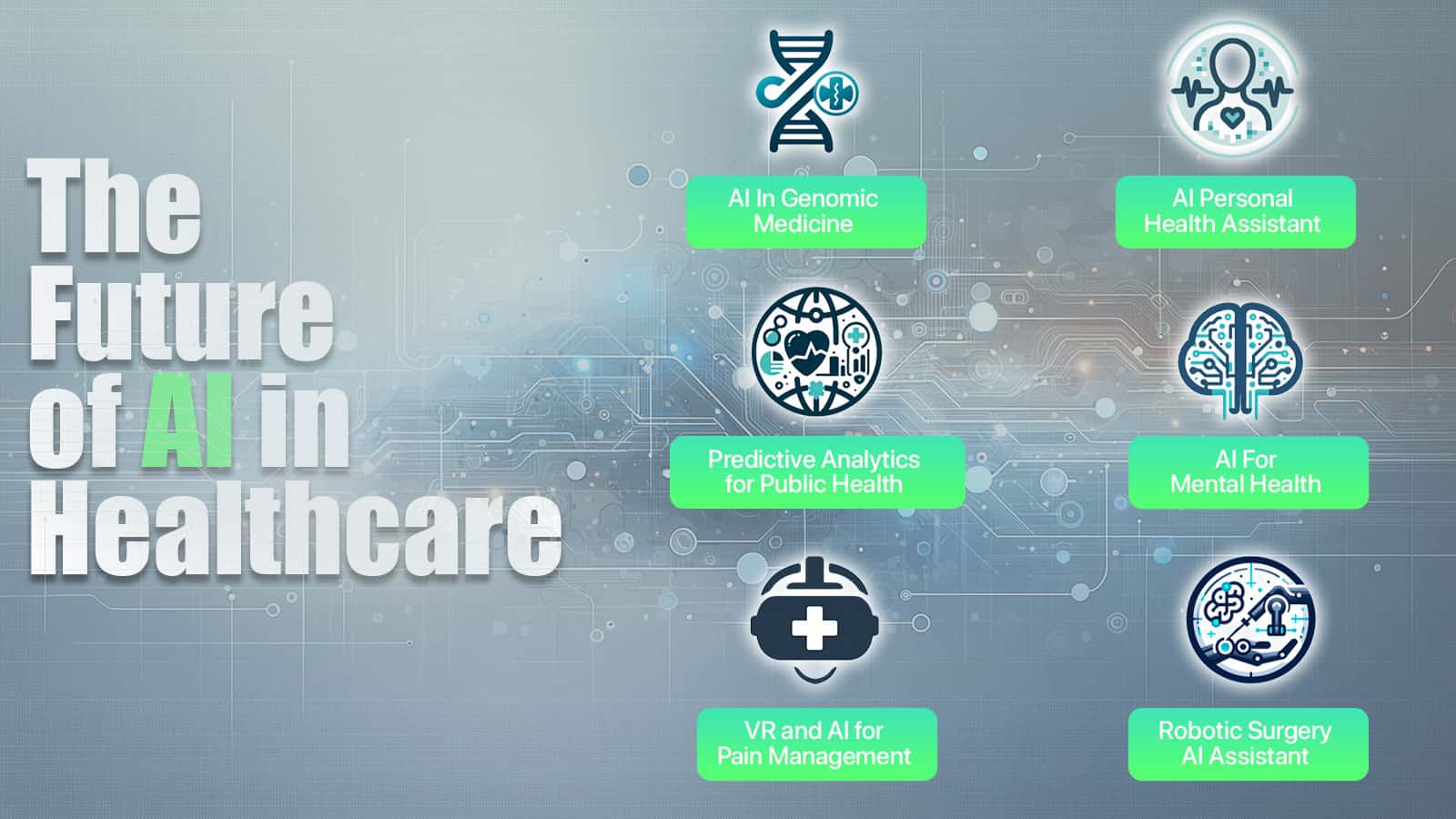
The Future of AI in Mental Healthcare
The future of AI and big data analytics in mental healthcare is promising. Here are some emerging trends to watch:
1. Integration of Genomics and AI
The integration of genomics and AI has the potential to revolutionize personalized mental healthcare. By analyzing genetic data, AI can identify predispositions to mental health conditions and recommend targeted interventions.
2. Advanced AI Models
As AI models become more sophisticated, they will be able to process multimodal data, such as combining speech, text, and physiological signals, to provide a more comprehensive understanding of mental health.
3. Collaborative Platforms
The development of collaborative platforms that combine AI, big data analytics, and human expertise will enhance the quality and efficiency of mental healthcare delivery.
4. Focus on Preventive Care
AI and big data analytics will shift the focus of mental healthcare from reactive treatment to proactive prevention. Predictive analytics and early interventions will play a central role in reducing the prevalence of mental health conditions.
Comparison Table: Key Aspects of AI and Big Data Analytics in Mental Healthcare
| Aspect | AI Application | Impact |
|---|---|---|
| Diagnostics | Machine learning for early detection | Improved accuracy and early intervention |
| Treatment Personalization | AI-driven treatment plans | Higher effectiveness of therapies |
| Accessibility | Virtual therapists, telehealth | Broader reach in underserved areas |
| Monitoring and Support | Wearables and mobile apps | Continuous care and timely alerts |
| Research | Pattern recognition in big data | Discovery of new insights and therapies |
The integration of AI and big data analytics in mental healthcare is transforming the field, offering innovative solutions to long-standing challenges. From improving diagnostics and personalized treatment to enabling early interventions and enhancing accessibility, AI has the potential to revolutionize mental health services. However, addressing the ethical and technical challenges associated with these technologies is crucial to ensuring their successful implementation. As the field continues to evolve, the collaboration between technology and mental healthcare professionals will pave the way for a future where mental health support is more effective, accessible, and inclusive than ever before.

